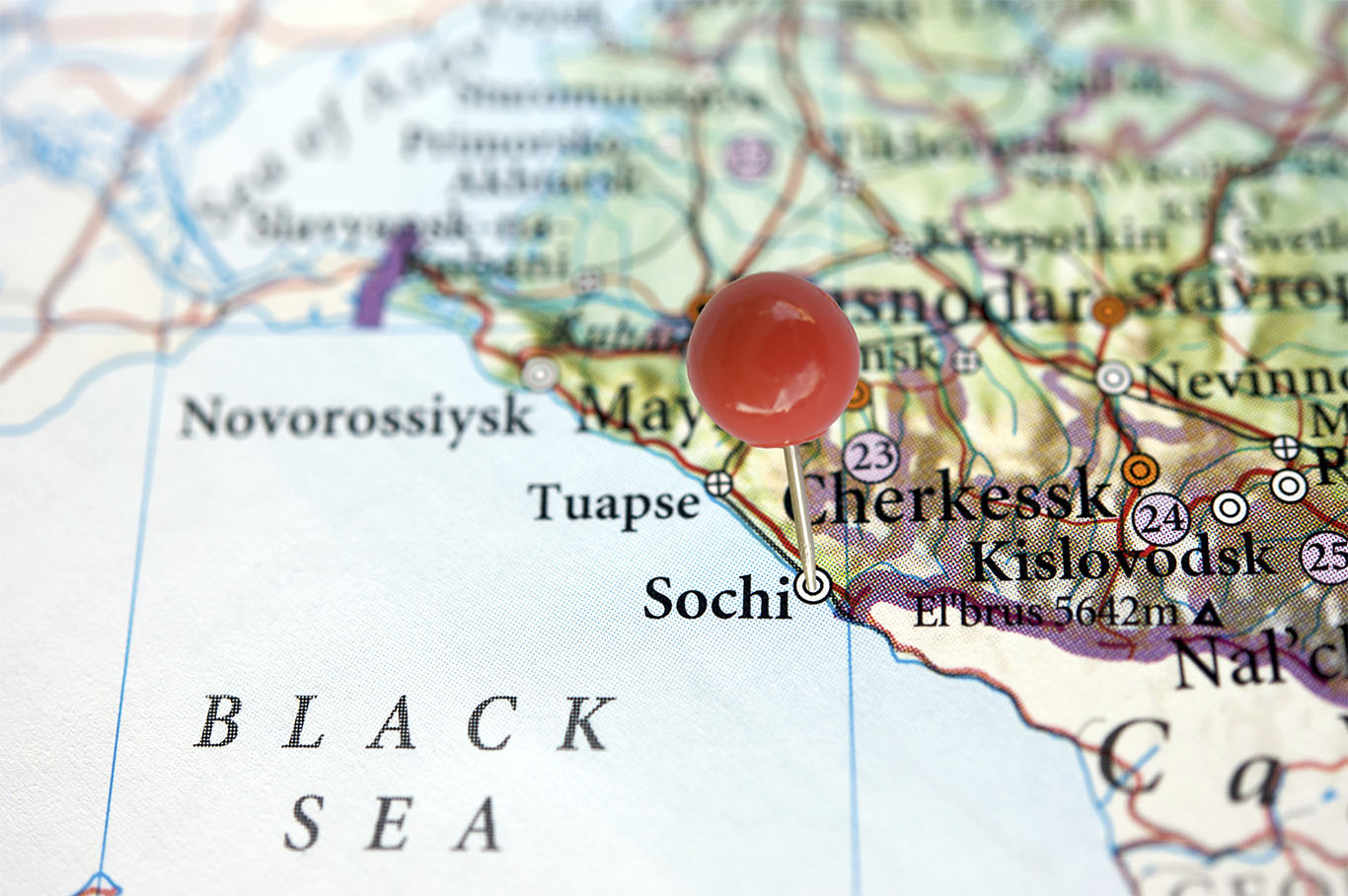Read it on Forbes here
Just last week Russia was showcasing it’s $51 Billion dollar investment in Sochi as the world watched the XXII Winter Olympics. Yet no matter how much Russia tried to show the world its softer side, Vladimir Putin was also closely watching events unfold in Ukraine.
For President Putin, Sochi was to be a showcase of modern Russia and every detail – from rounding up stray dogs to moving tons of snow around the warmest part of Russia – was carefully considered and choreographed. Putin attempted to whitewash the horrors of the Soviet Union during the ceremonies and even Misha, the Russian bear mascot of Moscow’s 1980 XXII Summer Games, was back and eager to show the world just how cuddly and cute Russia had become.
Designed by children’s book illustrator Victor Chizhikov, the current Misha painted a much friendlier face to the world just as she tried to do in 1980 when the then Soviet Union was embroiled in conflict in Afghanistan. At the insistence of President Jimmy Carter, 65 countries led by the United States boycotted the 1980 Moscow Summer Olympics. The boycott successfully highlighted Moscow’s unrelenting desire to hold onto its satellite countries, no matter how independent they seemed on paper.
With his actions in Ukraine, Vladimir Putin has wiped away years of good PR. The lesson to the West – the Superpower is indeed back.
The Russia of today is vastly different from the decaying Soviet Union it replaced. President Putin has carefully, and at times quietly, reassembled parts of the old regime while at the same time avoiding some of its mistakes.
Russia is leaner and richer than the vast Soviet empire. Case in point, Sochi was largely made possible by Russia’s earnings from the energy industry. According to the Moscow Times, profits from the sale of hydrocarbons constitute half of the Russian government’s entire income.
That may all be about to change.
By instigating a treaty-violating, military-based course of action designed to peel Ukraine away from the West, Putin has jeopardized the continuing stream of billions of the very hydrocarbon dollars he needs to remain in power.
Russia is still Russia, and President Putin has every intention of reassembling as much territory as possible. As Russian Prime Minister Dmitry Medvedev put it rather transparently, “Russia needs a strong and stable Ukraine, a predictable and economically thriving partner.”
The only the presence of masks and the absence of unit patches on Russian troops invading Ukraine indicated a slight reservation to world opinion. Misha may be gone, but the Russian bear has certainly re-emerged on the world stage.
While the West cannot ignore the rapidly deteriorating situation, it is also in no position to directly confront Moscow in its own backyard. However, the United States and other world powers are obligated to defend Ukrainian sovereignty.
In exchange for Ukraine giving up the world’s third largest stockpile of nuclear arms, the United States, United Kingdom, China, France and the Russian Federation all agreed to uphold “the independence and sovereignty and the existing borders of Ukraine” when the countries signed the Budapest Memorandum on December 5, 1994. The arrangement included security assurances against threats or use of force against the territorial integrity or political independence of Ukraine.
The West will have to act, and the immediate casualty appears to have been the loss of any goodwill Sochi intended to impart. The longer-term implications are the loss of vital economic trade Russia requires to maintain its status. While Mr. Putin understands much, there is still much he does not understand about the West and its markets. Today’s plunging value of Russian currency and stocks are the first response to his actions.
The single most important leverage the West has on Mr. Putin is trade. International sanctions against Russia would cripple its energy market and would, in turn, cripple its economy. These sanctions could include decoupling the Russian banking system from the rest of the world’s (which would seriously undercut the power of Putin’s plutocrats) and specifically targeting Russia’s ability to export oil and gas.
The next casualty may well include the 40th G8 Summit, currently scheduled to be held in Sochi this coming June. Russia’s inclusion in the most highly sought after club, a hard fought victory in 1998, may now be in doubt. Whether the Group of Seven returns largely depends on future events. There would be no smiling Mr. Putin if this year’s G8 summit were held in Sochi just long enough to vote Russia out of the club.
President Putin may have the ability to place troops just outside his own backyard, but the long-term economic prognosis for Russia may be as bleak as a cold Russian winter.






